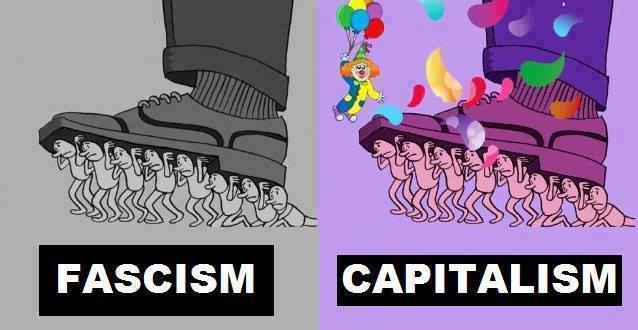In a capitalist “democracy” like the United States, the corporate news media faithfully reflect the dominant class ideology both in their reportage and commentary. At the same time, these media leave the impression that they are free and independent, capable of balanced coverage and objective commentary. How they achieve these seemingly contradictory but legitimating goals is a matter worthy of study. Notables in the media industry claim that occasional inaccuracies do occur in news coverage because of innocent error and everyday production problems such as deadline pressures, budgetary restraints, and the difficulty of reducing a complex story into a concise report. Furthermore, no communication system can hope to report everything, hence selectivity is needed.
To be sure, such pressures and problems do exist and honest mistakes are made, but do they really explain the media’s overall performance? True the press must be selective, but what principle of selectivity is involved? I would argue that media bias usually does not occur in random fashion; rather it moves in more or less consistent directions, favoring management over labor, corporations over corporate critics, affluent whites over low income minorities, officialdom over protestors, the two-party monopoly over leftist third parties, privatization and free market “reforms” over public sector development, U.S. dominance of the Third World over revolutionary or populist social change, and conservative commentators and columnists over progressive or radical ones. (more...)

No comments:
Post a Comment